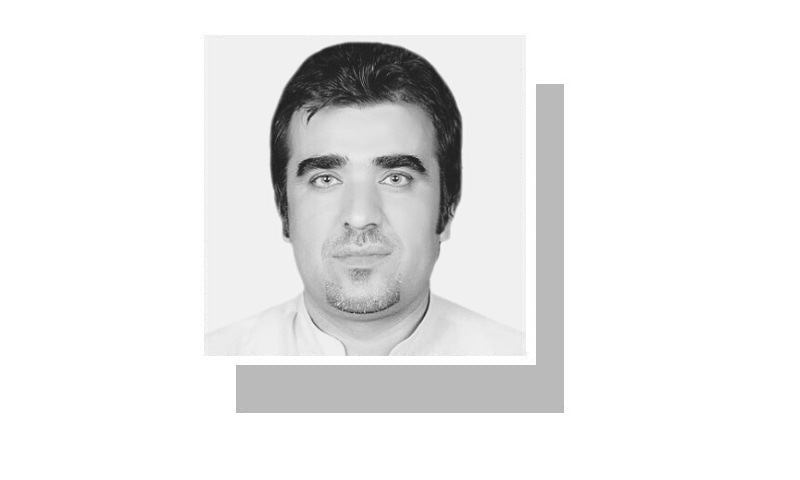By Nazir A. Jogezai
APOLITICAL education has two flaws. First, neutrality, as a term from natural science, is irrational; words such as unbiased or objective are more suitable for a social setting. Second, politics is not specific to political parties, movements and protests. It is integral to daily life in the form of interpersonal negotiations over power, values and resources. Therefore, education, as a primary pillar of society, cannot be neutral as it is shaped by sociopolitical and economic forces.
While education being political is far from negative, it must keep well away from serving anyone’s political interests, including citizens’ social mobility or the concerns of the ruling elite. The apoliticisation of education stems from the intent to politicise it. The aim is to silence academics and students, and allow the ruling classes to gain more space. One has mentioned in these pages before that the provision of poor education to the underprivileged is the common agenda of the political elite.
Moreover, covert apol
